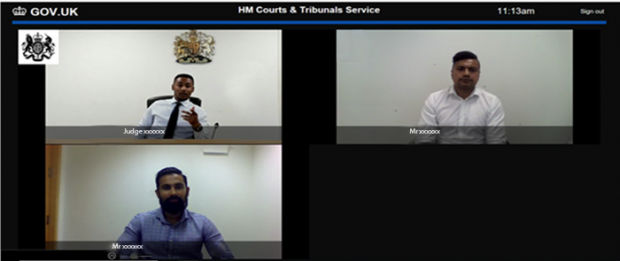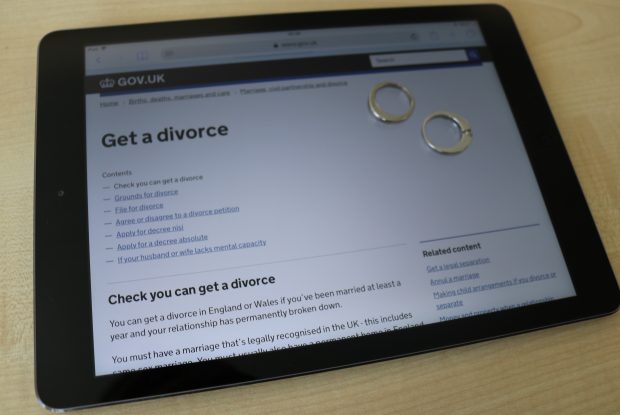Family
A blog post from Susan Acland-Hood in which she talks about HMCTS co-hosting (with the Society for Computers and Law) the first international forum on online courts. The event will run over two days, and will provide an opportunity to showcase the cutting edge of digital reform from jurisdictions around the world.
A blog post from Susan Acland-Hood that talk about the results of the independent process evaluation into the video hearing pilot. The pilot has been testing user experiences - of the appellant, judges and officials in HMRC – of those participating in a real hearing in a tax tribunal.
A blog post from Susan Acland-Hood, confirming HMCTS will begin the ‘Professional Entry Scheme’ pilot intending to ease queues to get into court buildings and allow easier and swifter court access for legal professionals.
Since March 2018, we have been piloting the use of fully video hearings in the tax tribunal, and using this to understand better how we can introduce this more widely as part of a more accessible and efficient service. Our latest blog explores video hearings in more detail.
The move of court and tribunal forms and guidance from form finder to GOV.UK is now complete. From today, when you search for a form or guidance document, your search results will come from GOV.UK.
Following on from the recent migration of court and tribunal forms, we’re moving form finder search to GOV.UK.
...and will provide a national online and telephone service to help court users, both public and professional, as well as doing the administrative work that takes cases forward in a...
Susan Acland-Hood explains why she believes digital change and modernisation are so important and why simply putting more cash into the existing system cannot be the long-term answer to the challenges we face.
...of professional users in Summer 2018. Secondly, we will be applying the same approach that we have taken to designing the divorce service to all family services over the coming...
A further blog post from Wynne Keenan and Liz Olney that details from today (21 March 2018) HMCTS started to move court and tribunal forms to GOV.UK.





